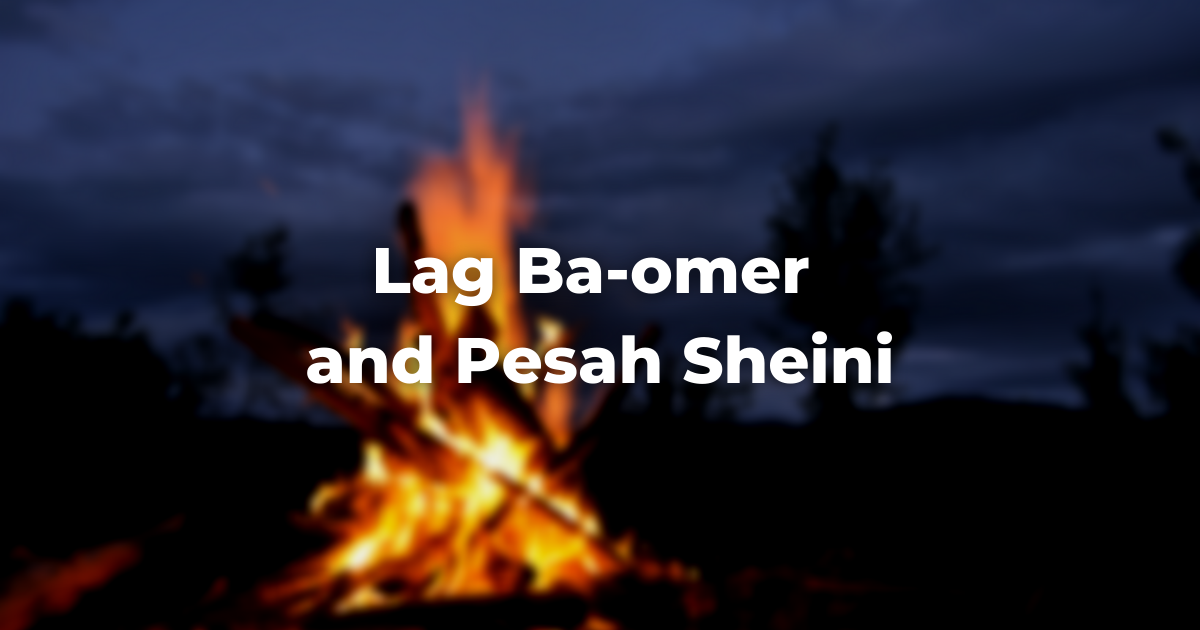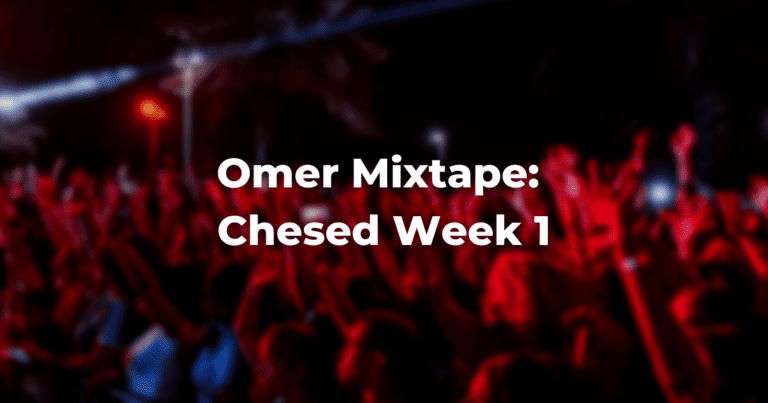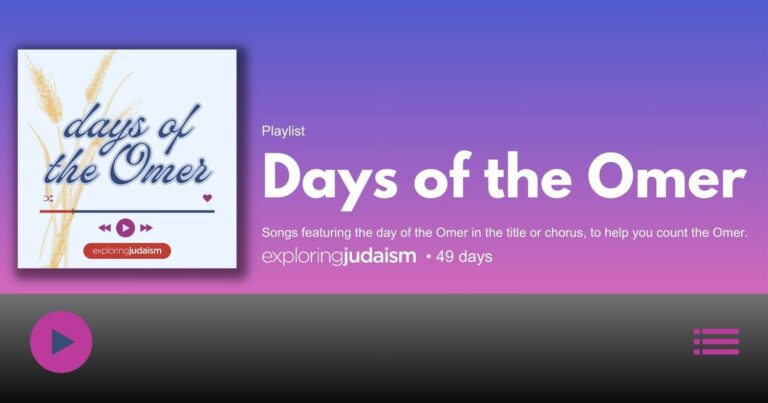Pesah Sheini
One day of special interest that occurs during sefirah is Pesah Sheini (also spelled Pesach Sheni), the Second Passover, which falls on the fourteenth day of the month of Iyyar.
Coming a month after Passover, it was an opportunity in Temple times for those who had been in a state of ritual impurity during Pesah to offer a delayed version of the paschal sacrifice. Today, the day is marked solely by the omission of Tachanun in the Morning and Afternoon Services.
Lag Ba-Omer
And just a few days later on the eighteenth of Iyyar falls Lag Ba-omer, “the thirty-third day of the omer” (also spelled lag ba’omer or lag baomer).
Believed to be the day on which the plague that afflicted Rabbi Akiva’s students ceased, Lag Ba-omer is a day of respite from the sadness of sefirah. Tachanun is not said, weddings are permitted, and haircuts and shaving are allowed even for those who refrain from both during the sefirah weeks.
Kabbalists also observe this special day as the Yahrtzeit of Rabbi Shimon bar Yochai, and to this day many in Israel make pilgrimages to his grave in Meiron. To mark the fact that Lag Ba-omer is also said to be the anniversary of the revolt against Rome led by the students of Rabbi Akiva, the day is also observed in many Jewish schools as a field day.
Many communities celebrate Lag Ba-Omer with a communal bonfire and outside activities.
Click here to read The Rabbinical Assembly’s response to the question which relates to Lag Ba-Omer:
May a person be released from Omer restrictions (e.g. haircuts) before Shavuot if the opportunity arises without guarantee of its availability later?
Adapted with permission from The Observant Life.
Authors
-

The Observant Life: The Wisdom of Conservative Judaism for Contemporary Jews distills a century of thoughtful inquiry into the most profound of all Jewish questions: how to suffuse life with timeless values, how to remain loyal to the covenant that binds the Jewish people and the God of Israel, and how to embrace the law while retaining an abiding sense of fidelity to one’s own moral path in life. Written in a multiplicity of voices inspired by a common vision, the authors of The Observant Life explain what it means in the ultimate sense to live a Jewish life, and to live it honestly, morally, and purposefully. The work is a comprehensive guide to life in the 21st Century. Chapters on Jewish rituals including prayer, holiday, life cycle events and Jewish ethics such as citizenship, slander, taxes, wills, the courts, the work place and so much more.
View all posts -









